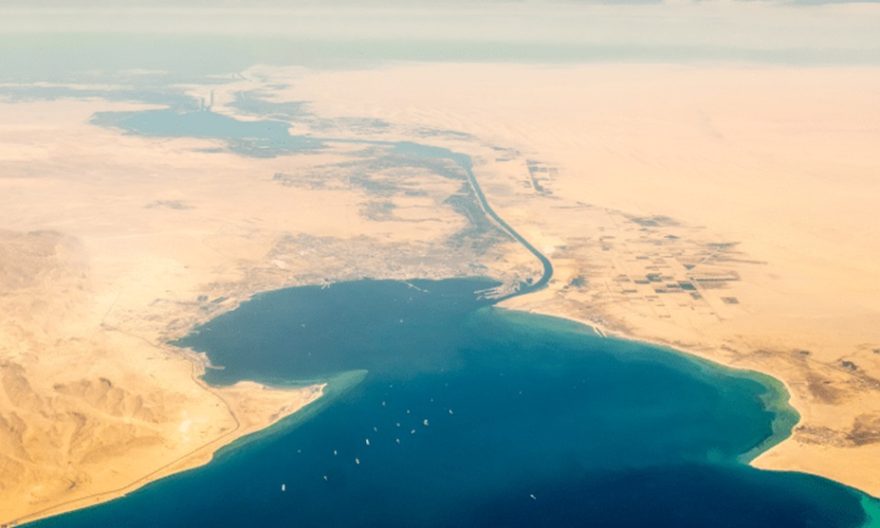
As Ethiopia’s diplomatic deadlock with Somalia over sea access remains unresolved, the Ethiopian government has once again extended an appeal for peaceful collaboration with Somalia and other neighboring nations. Prime Minister Abiy Ahmed (PhD) emphasized Ethiopia’s aspiration to gain sea access through cooperation and assured that this goal would not interfere with the sovereignty or internal politics of any neighboring country, including Somalia.
In his recent address to the House of People’s Representatives, Premier Abiy reaffirmed Ethiopia’s dedication to regional peace. He indicated that Ethiopia’s landlocked status could have broader implications, urging cooperation among neighbors to secure sea access. “If Ethiopia remains without access to the sea, the resulting crisis will not be confined to our borders,” Abiy warned, stressing the importance of a cooperative solution.
Currently, Somaliland is the only party showing support for Ethiopia’s quest, advocating for the implementation of a Memorandum of Understanding (MoU) that would allow Ethiopia to utilize a 20-kilometer stretch along the Gulf of Aden. However, Somalia has continued to reject the MoU, leaving Ethiopia’s sea access aspirations in limbo.
Ethiopia is home to the second-largest Somali population worldwide, second only to Somalia itself, underscoring the deep cultural and regional ties between the two countries. Abiy emphasized, “Somalia is not just a neighboring country; it is like a brother or sister to Ethiopia,” dismissing claims that Ethiopia’s intentions threaten its neighbors’ sovereignty. “Our focus is on securing food and resources for our growing population,” he added, noting the expansive 5,000-kilometer coastline extending from Massawa to Somalia, which he believes could promote greater integration and mutual benefit.
Foreign Minister Gedion Timotiwos (PhD) echoed the Prime Minister’s sentiment, instructing Ethiopian diplomats to prioritize this national interest on the global stage. He reiterated Ethiopia’s stance of non-aggression and affirmed that the country would not compromise its neighbors’ security in pursuit of sea access.
Highlighting the urgency of Ethiopia’s foreign policy priority, Gedion acknowledged that while some coastal nations may not readily support Ethiopia’s position, diplomatic solutions remain on the table. African affairs senior researcher Gizachew Asrat (PhD) pointed out that Ethiopia’s MoU with Somaliland aligns with a mutual benefit policy, designed not to undermine others’ interests.
Prime Minister Abiy clarified that the MoU with Somaliland is a fair, time-limited agreement granting Ethiopia temporary access to a portion of the coastline for 50 years. “The unfounded narratives around this agreement are gradually being dispelled as the facts emerge,” he said. “If we fail to utilize this extensive coastline collaboratively, other continents will continue to benefit, while Ethiopia misses crucial opportunities for stability and growth,” he warned, noting the potential regional impact if Ethiopia remains isolated from maritime access.
The Institute of Foreign Affairs American and European Affairs Director General Dareskedar Taye (PhD) defended Ethiopia’s pursuit of sea access as a natural right, urging neighboring countries to recognize the importance of Ethiopia’s growing logistical and economic needs. “Ethiopia’s interests in gaining sea access and fostering sustainable peace are not solely national but also crucial for the development of the entire region,” Dareskedar stated.
Abiy concluded, “Our continued pursuit of sea access through peaceful negotiations reflects our deep respect for international law,” reinforcing Ethiopia’s commitment to diplomacy and peaceful collaboration while safeguarding its national interests and regional stability.
BY YESUF ENDRIS
The Ethiopian Herald November 3/2024





